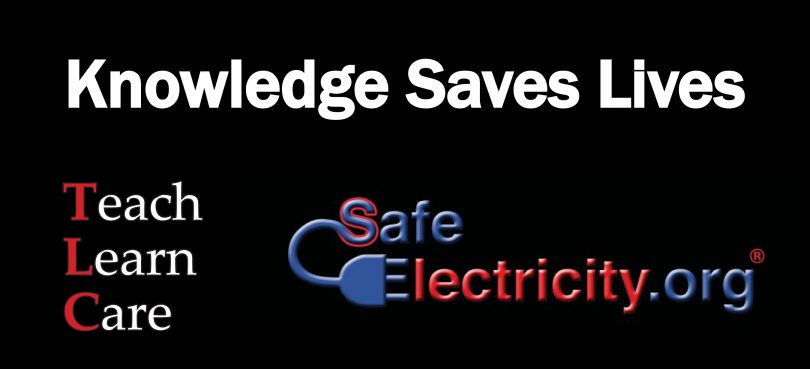By Kent Singer, CREA Executive Director
For most co-op members across Colorado, the only time you think about your electricity provider is on those infrequent occasions when the lights flicker or go out. This is because the quality of service provided by Colorado’s electric co-ops has improved to the point where you have service at least an average of 99 percent of the time.
This is due to the work of a lot of people. First, each co-op has a board of directors elected from members of the co-op who meet each month to direct the management of the co-op. Then there are all the employees at the co-op. Not all co-ops have the same positions, but most have a general manager or CEO, an operations manager, a chief financial officer, a member services manager and, perhaps, a chief technology officer, as well as the customer service representatives, line superintendents and line crews that keep the lights on every day.
Even though it takes a lot of people to run the co-op, it’s the line crews that are out in the field every day to make sure that the coop’s substations, transformers and lines are in good working order and providing you power. This requires the line crews to work around high-voltage electricity on a daily basis. One of Colorado Rural Electric Association’s functions is to help every co-op keep safety as a top priority for these crews.
To do that, CREA employs several former journeyman linemen who have decades of experience in the field. The CREA staff provides training to support the day-to-day safety practices of all the co-ops. Our loss control team spends one week each quarter at every electric co-op in the state to make sure each co-op has the latest information relating to safe workplace practices.
We are also working with our national trade association, the National Rural Electric Cooperative Association, to see that each member of our safety team has the highest level of safety training available. To become a NRECA certified loss control professional and add CLCP after their name, co-op employees must complete a rigorous training program along with a final training project that is submitted to a team of reviewers appointed by NRECA. Randy Westberg, CREA’s director of safety training and loss control, along with Dan Whitesides, a CREA job safety and training instructor, already completed this training. The rest of the team is in the process of doing the same. Before long, the entire CREA safety team will have obtained CLCP status.
I learned a lot more about what it takes to achieve CLCP status since being asked to join the CLCP task force and certification panel. This panel reviews proposed training presentations from co-op linemen and others who are seeking CLCP certification. A group of co-op folks from around the country volunteer their time to sit on this panel that meets twice each year to review and evaluate the training presentations.
I recently spent two days in Madison, Wisconsin, evaluating the final projects of many candidates for the CLCP designation. The subjects of the presentations ranged from cardiopulmonary resuscitation to avoiding power lines. All were well done. The evaluation team did make some suggestions on a few of them, making them even better. Now, these final presentations will be added to a digital library and can be accessed by anyone who has obtained the CLCP status.
This library is another resource for the electric co-ops as they strive for safety for their employees who are working in what can be a dangerous industry. This focus on safety is supported by the CREA board of directors. The directors met for a planning session in May to talk about the issues that are most important to all of us.
That list included, among others items, local control of co-op decisions, the integrity of our service territory and, last but definitely not least, the safe delivery of electricity — the safety of our communities and the safety of our employees. CREA’s involvement in the CLCP program is just one way we work to support our member electric co-ops as they provide the safe delivery of dependable electricity to your home or business.

